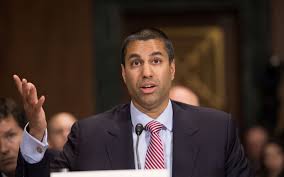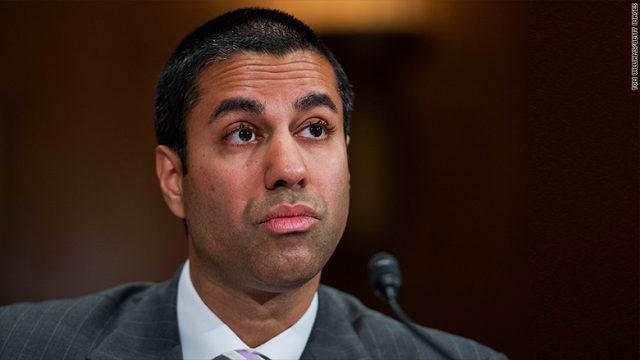
Updated 12/15: The speed upgrades for several regions including upstate New York have now launched. You may need to reset your modem to get the new speeds. You should see at least 100/10 Mbps. If that does not work, call or chat with Spectrum and have them reauthorize your modem. If you are on a legacy Bright House or Time Warner Cable plan, you will not get these upgrades until you change to a Spectrum plan. We will have a report up on the home page shortly about additional gigabit speed upgrades likely to launch next week later tonight. — PMD
“By the end of the year, Charter’s flagship speed will be an industry leading 100 megabits per second (Mbps) in virtually every market we serve. In the last year, we increased that speed 66% – from 60 Mbps to an even faster 100 Mbps – at no extra cost to our customers. Additionally, in a growing number of markets, we have begun upgrading that flagship speed to 200 Mbps.” — Charter Communications blog post for Nov. 30, 2017
Charter Communications is hurrying out 100 Mbps speed upgrades to “virtually all” its markets, whether customers were originally serviced by Charter or were acquired from Bright House Networks or Time Warner Cable.
The company has been on a publicity drive to suggest its merger/buyout of BH and TWC was consumer-friendly. Charter also wants to reassure shareholders concerned about the ongoing trend of cord-cutting and customer backlash over rising internet prices that the value of Spectrum’s faster internet service has improved.
Unfortunately, its publicity campaign also flies in the face of an industry push to convince Americans the Obama Administration’s Net Neutrality policies have neutered investments in broadband upgrades, which is exactly what did not happen with the second largest cable company in the country.
“Since 2014, Charter has invested more than $21 billion in [upgrades] including video delivery, more efficient bandwidth management and advanced compression technologies,” Charter wrote. “This investment has enabled us to improve the quality of our video while reducing the bandwidth needed for its delivery. The bandwidth that is made available can then be dedicated to significantly increasing our broadband speeds.”
Several legacy Time Warner Cable markets, particularly in upstate New York, New England, and some markets in the deep south and Rockies are still waiting for the digital television conversion that will free up bandwidth for internet speed upgrades. Albany, N.Y. is nearly complete and Rochester, N.Y. is next on the list.
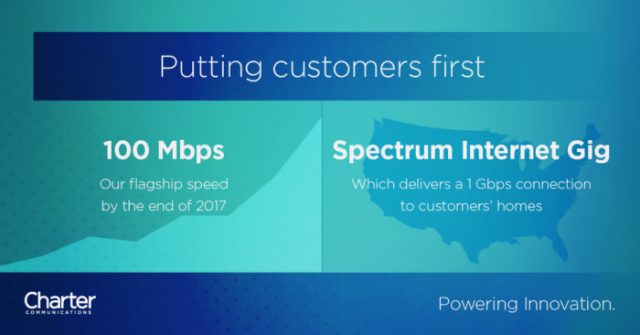
Sources suggest Charter may find a way to boost speeds in almost all of its markets, regardless of whether digital TV conversions are complete. That would mean communities in these areas would see standard internet speeds rise from 60 Mbps to 100 Mbps at no extra charge. Those who agreed to pay Charter’s $199 upgrade fee for “Ultra” 100 Mbps service would see their speeds rise to as high as 300 Mbps.
A quick check showed no speed changes in the Rochester market as of this afternoon, but that could change before Christmas. Customers can check if they received an upgrade by briefly unplugging their cable modem and resetting it. A speed test will verify whether your areas has received an upgrade. Customers still holding onto a legacy Bright House or Time Warner Cable plan will see no speed changes. This is part of Charter’s effort to convince customers to abandon older plans and switch to Spectrum plans and pricing.
If speed upgrades are not in place by the end of 2017, they will be coming for the remaining Time Warner Cable markets in early 2018.
Meanwhile on Oahu, in Hawaii, Spectrum internet customers are welcoming gigabit internet (introductory price $104.99/mo). Those who don’t want to pay that much also received a free speed upgrade. What was 60 Mbps in the summer increased to 100 Mbps in the fall and as of Dec. 1 is now 200 Mbps. Similar speed increases will be coming to the cities that get gigabit upgrades from Charter. We anticipate all of those cities designated for gigabit service from Spectrum already have substantial competition from gigabit speed fiber to the home service from AT&T or Verizon.
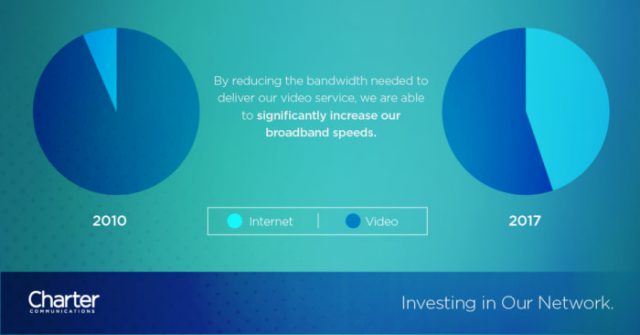
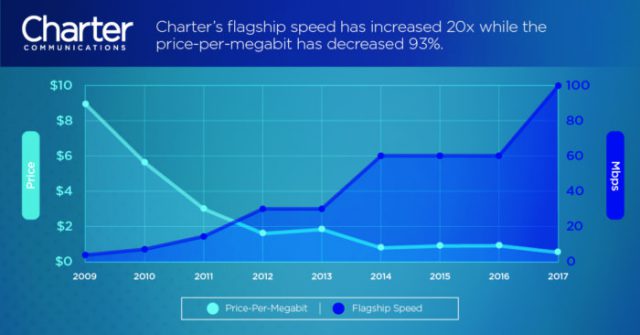


 Subscribe
Subscribe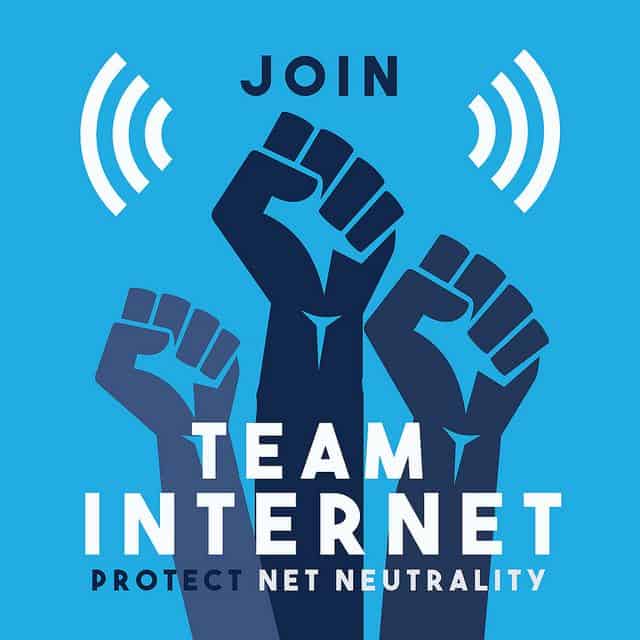 Thousands of pro-Net Neutrality supporters are expected to protest the imminent repeal of rules protecting a free and open internet at more than 600 Verizon retail stores nationwide on Thursday, Dec. 6.
Thousands of pro-Net Neutrality supporters are expected to protest the imminent repeal of rules protecting a free and open internet at more than 600 Verizon retail stores nationwide on Thursday, Dec. 6. News that Google
News that Google 